Your Path from Curious Cook to Creative Culinary Artist
Learning to create extraordinary food isn't about following recipes. It's about understanding flavor, mastering technique, and developing your own voice in the kitchen.
We've built our program around how people actually learn to cook—through doing, tasting, adjusting, and yes, sometimes failing spectacularly before getting it right.
Starting Where You Actually Are
Most culinary programs assume you either know nothing or know everything. But real people? They're somewhere in between. Maybe you can roast a chicken but panic at the thought of making pasta from scratch. Or you've got knife skills down but struggle with balancing flavors.
We spend the first two weeks figuring out what you already know and what genuinely interests you. Because here's what we've learned after years of teaching: people master techniques faster when they're making food they actually want to eat.
Our autumn 2025 intake begins with individual assessments. Not tests—conversations about what brings you to the kitchen and what you hope to create.
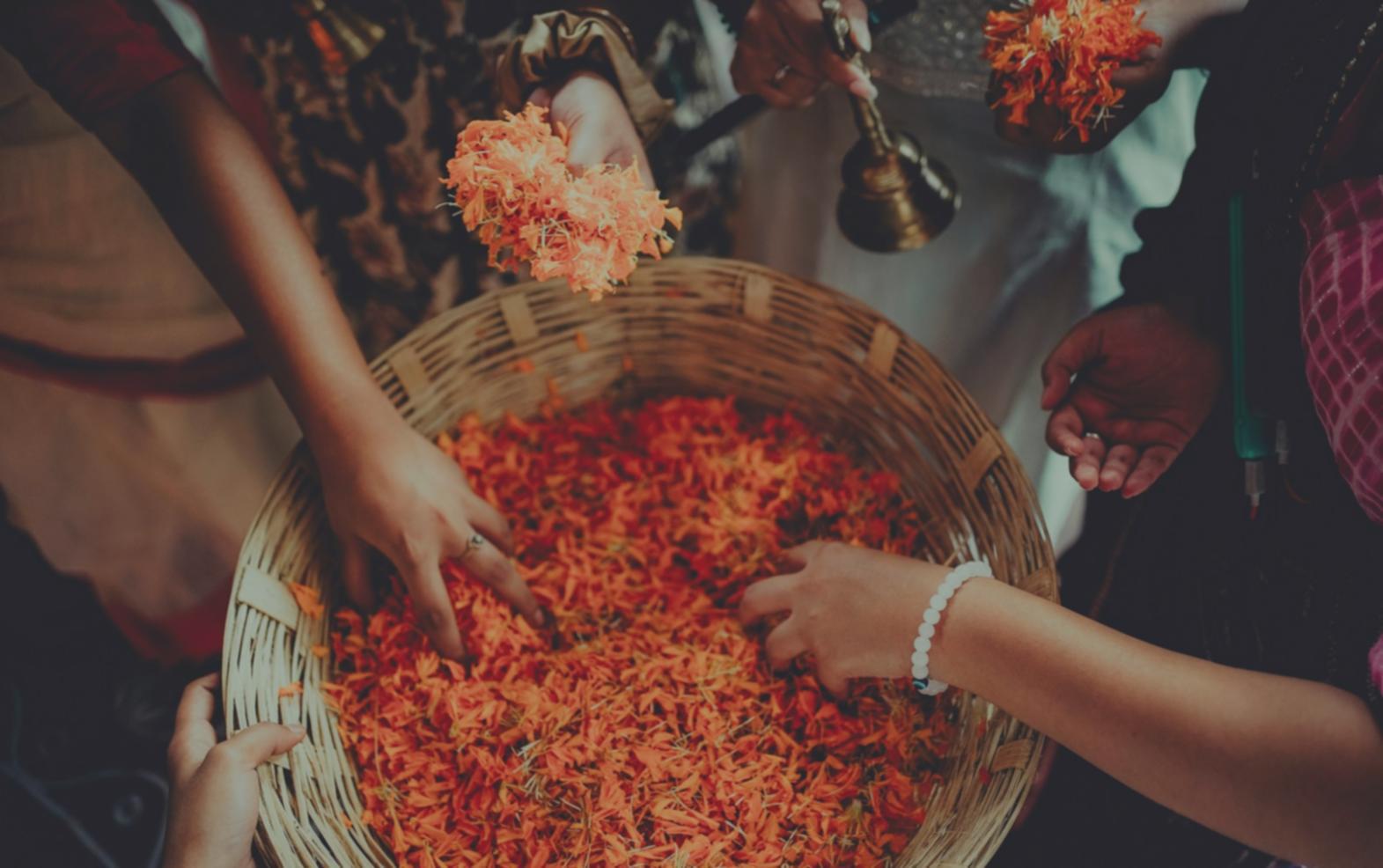
How Learning Actually Happens Here
Forget the traditional classroom setup. Our approach puts you in the kitchen from day one, building skills through projects that matter to you.
Foundation Through Practice
You'll work through core techniques—stocks, sauces, braising, searing—but always in context. Learning to make a proper stock because you need it for the risotto you're perfecting, not because it's week three of the curriculum.
Peer Learning Studios
Three times a week, you'll cook alongside others working on similar challenges. Someone nails a technique you're struggling with? They show you. You figure out how to fix a broken sauce? You share it. Real collaboration, not competition.
Personal Project Development
By month two, you're developing your signature dishes. Maybe it's modern takes on traditional Italian cuisine, or fusion experiments, or perfecting classic techniques. Your mentors guide you, but the creative direction is yours.
Stories from People Who've Been There
What actually changed for them? Not the Instagram-friendly version—the real experience.
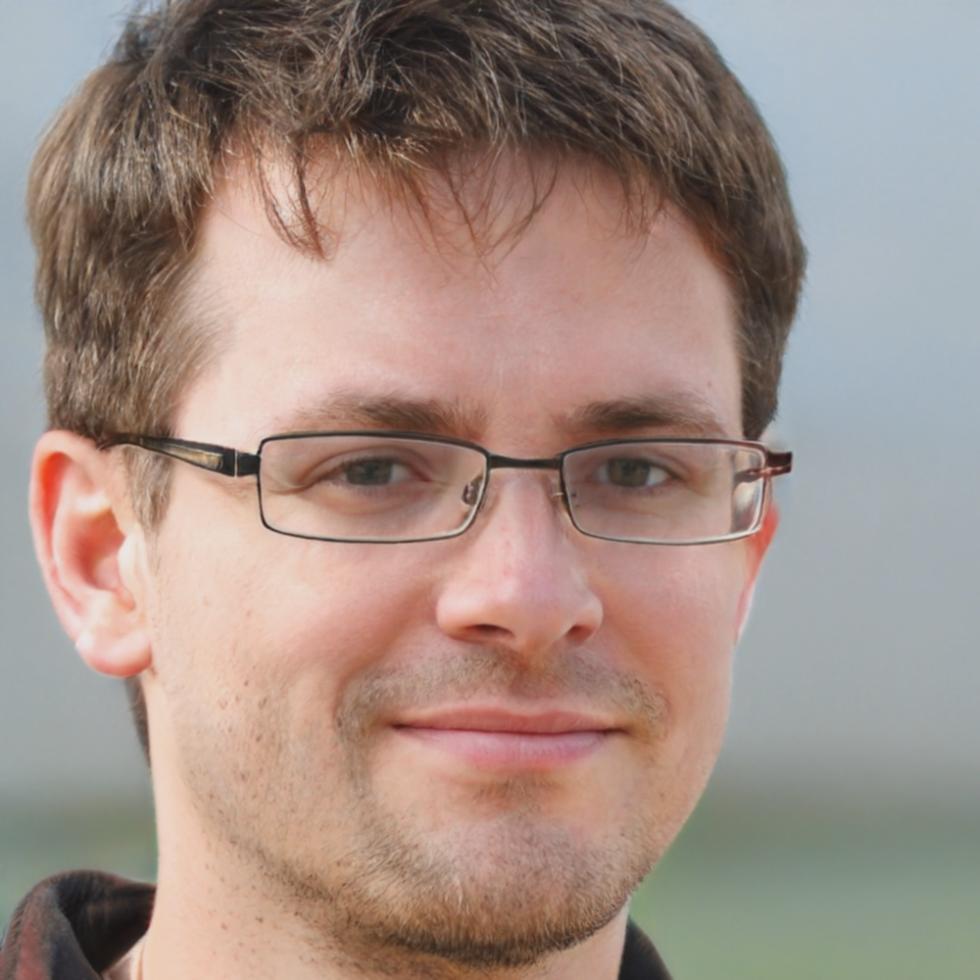
Ettore Valenti
Program Participant 2024I came in thinking I'd learn restaurant cooking. Instead, I learned how to taste properly—sounds simple, but it changed everything. Now I can adjust seasoning by instinct, not just following what a recipe says.
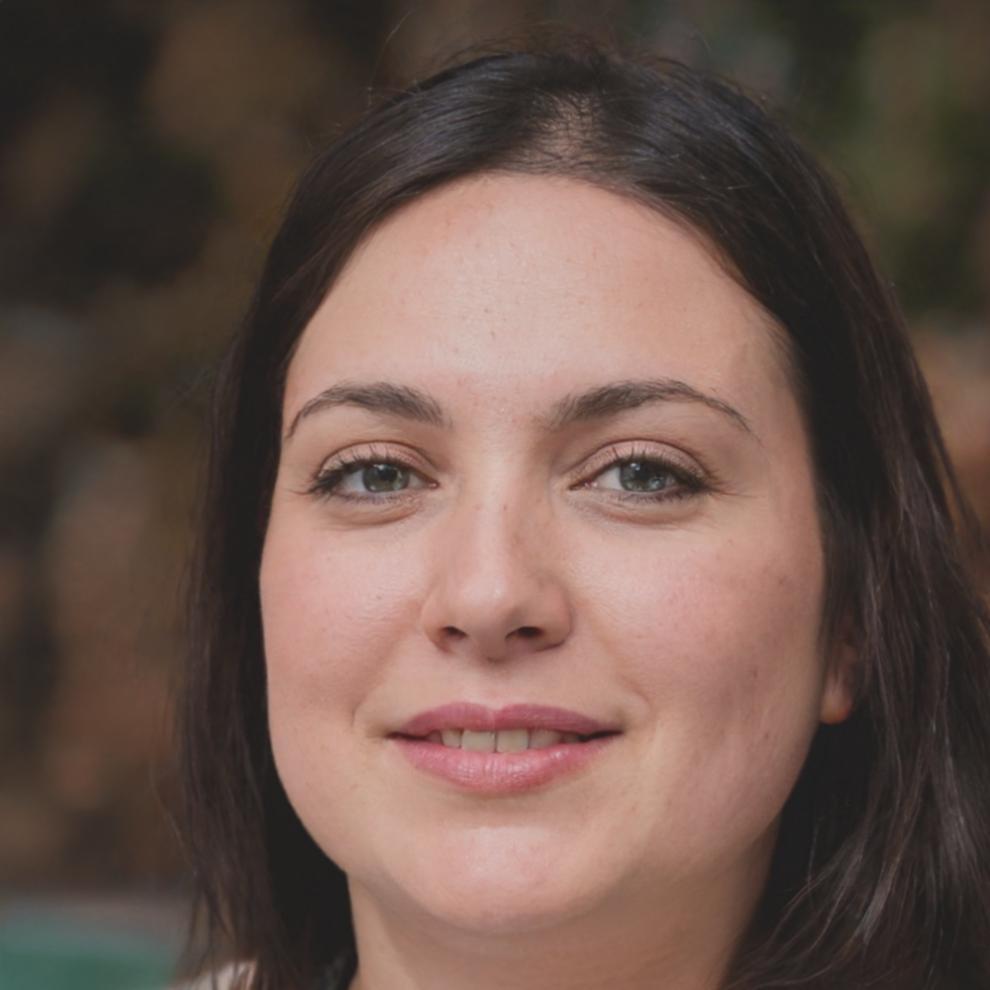
Livia Bergström
Program Participant 2024The peer sessions saved me. I was ready to give up on pasta making until another student showed me the dough just needed five more minutes of kneading. Those small moments of help made the difference between quitting and pushing through.
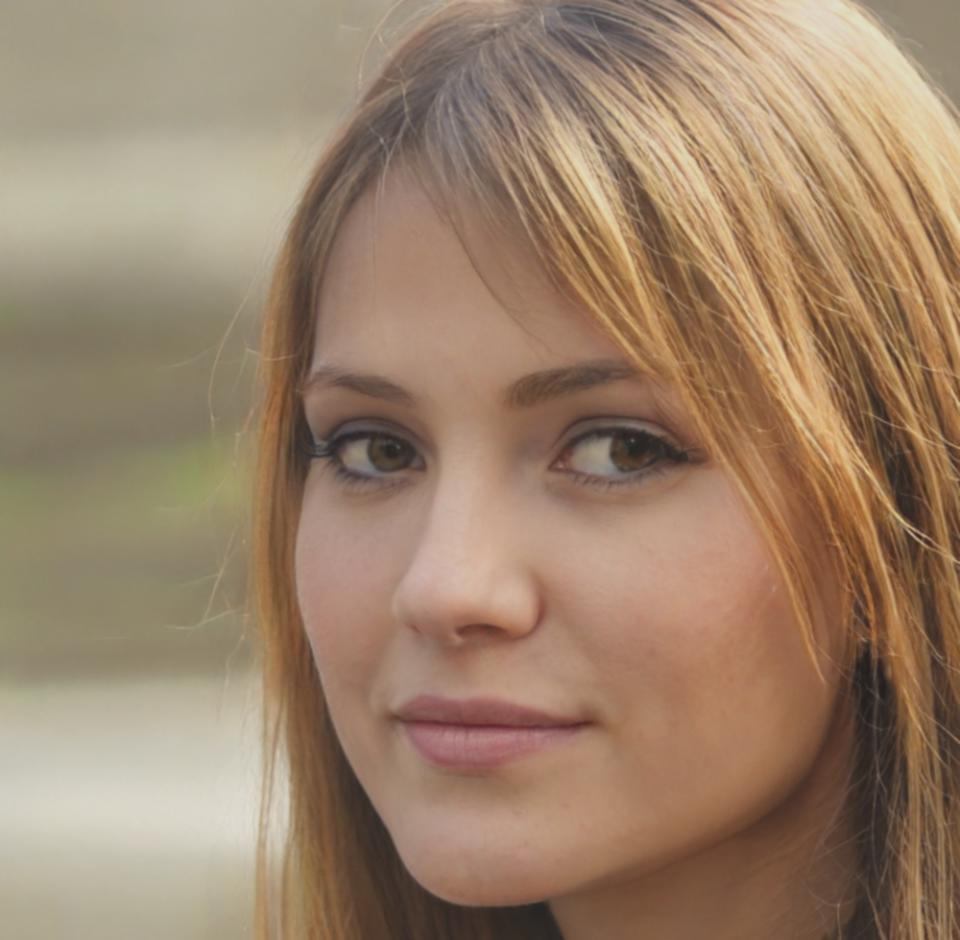
Saoirse Mulcahy
Program Participant 2024Best part? Nobody pretended cooking was easy or that you'd master everything quickly. When I burned my third batch of caramel, my mentor just said 'yeah, that happens' and showed me what to watch for next time.
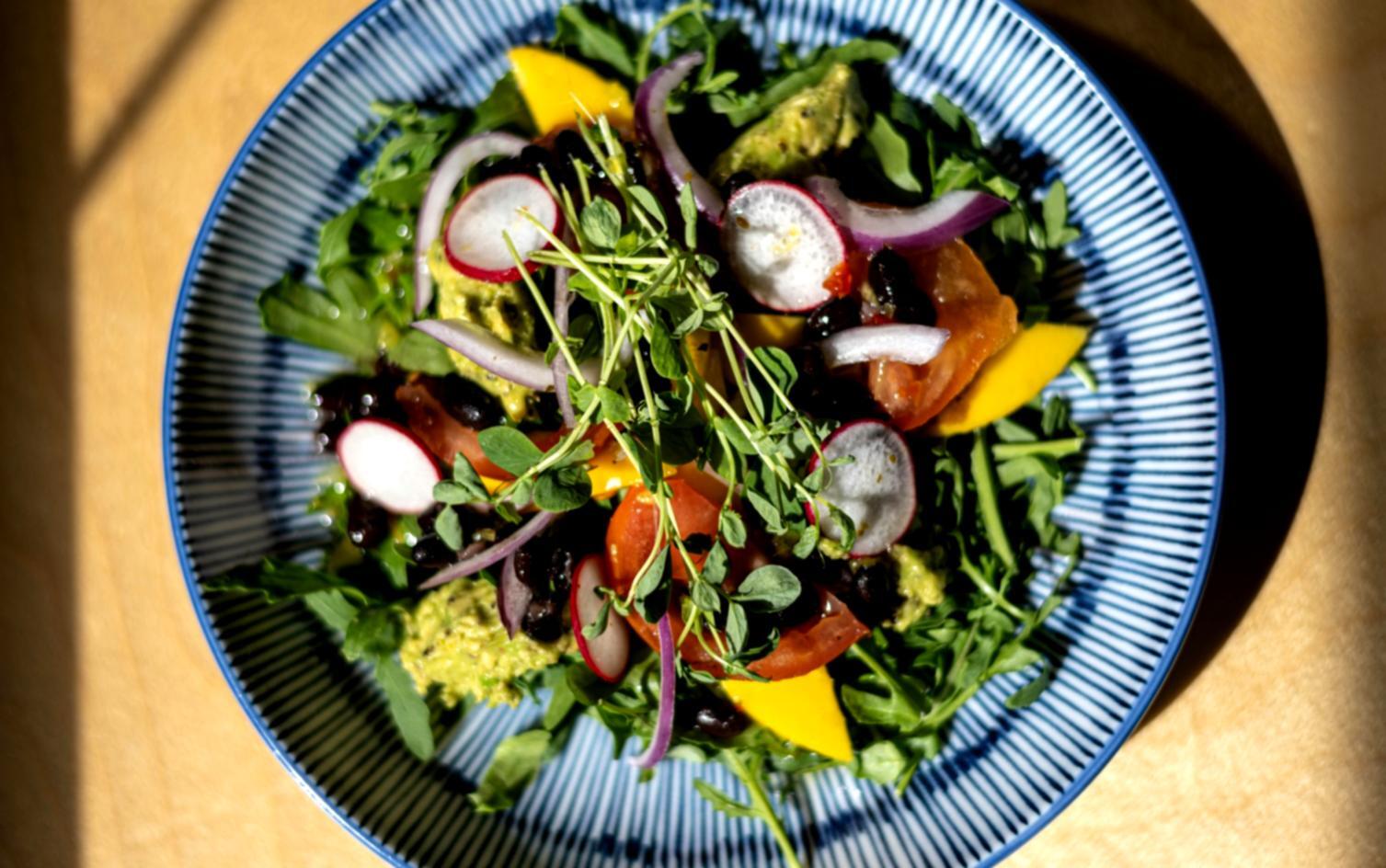
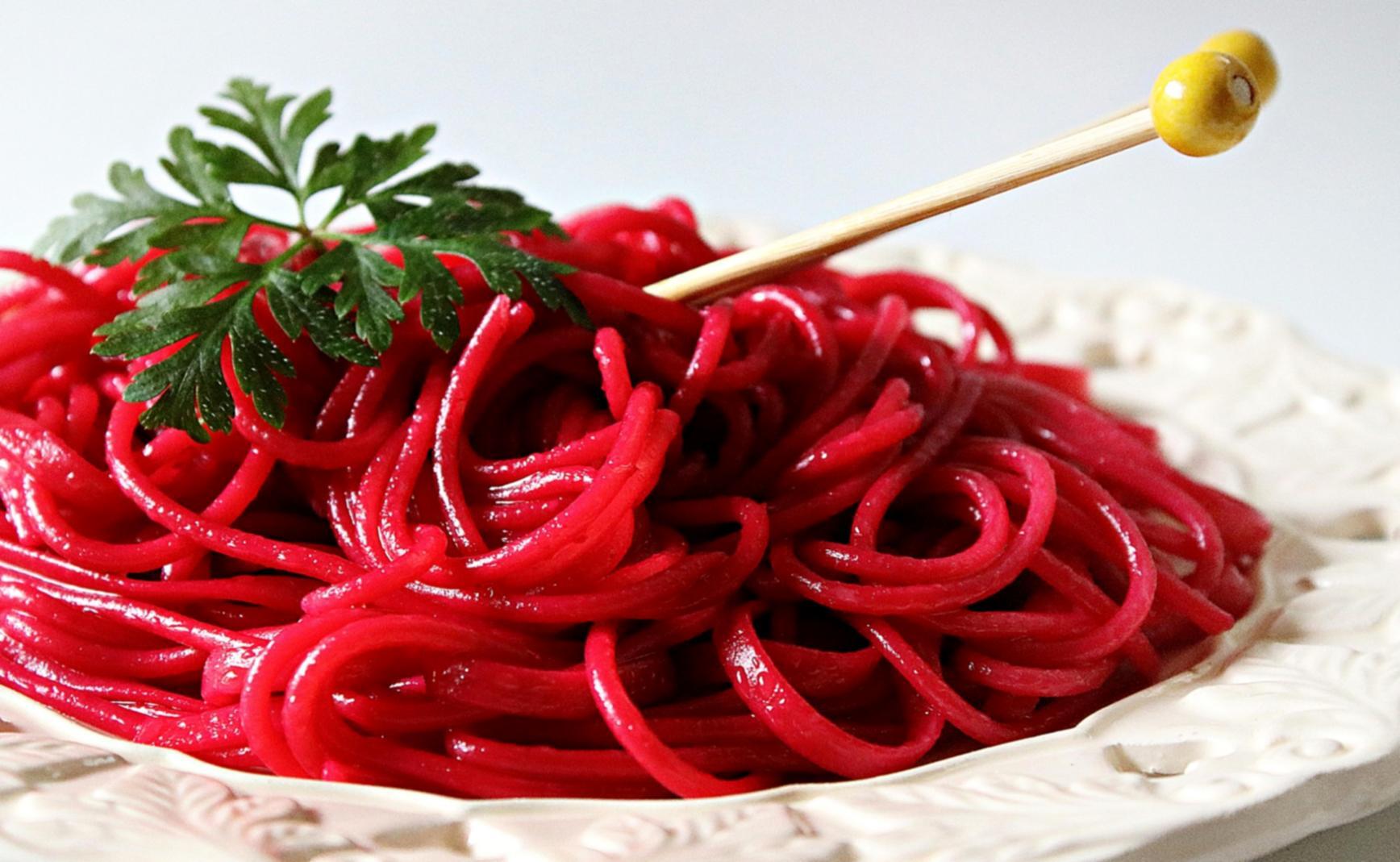
What You Get Access To
- Professional kitchen spaces equipped for serious cooking and experimentation
- Weekly mentorship sessions with working chefs who share real industry experience
- Small group sizes—never more than twelve people per session
- Ingredient sourcing guidance for Italian markets and specialty suppliers
- Portfolio development support for those exploring professional opportunities
- Ongoing community access after your program ends
